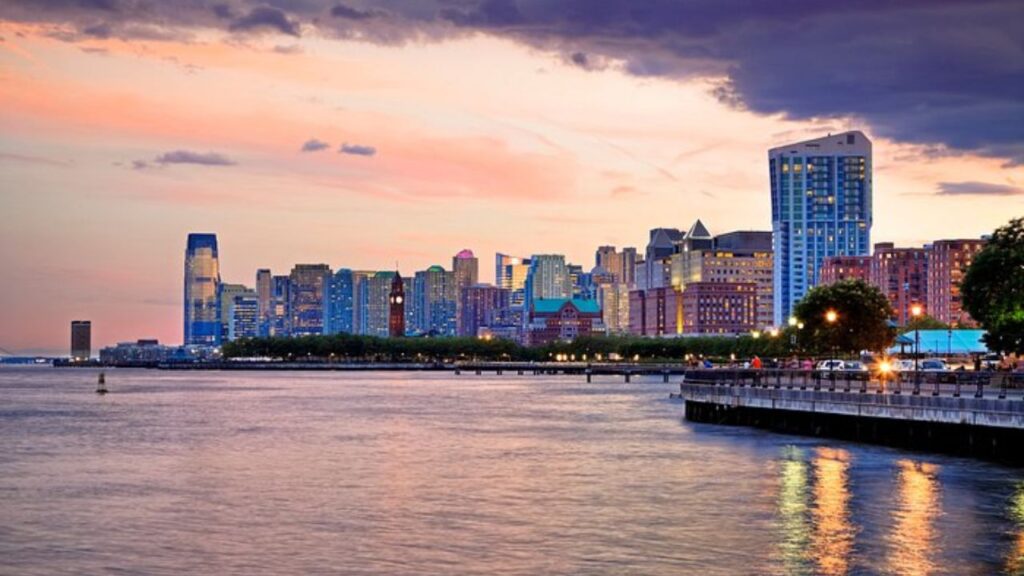New Jersey is a state that has a long history of drug trafficking and abuse. According to the Drug Enforcement Administration (DEA), New Jersey is a major hub for the distribution of heroin, cocaine, fentanyl, and other illicit substances throughout the Northeast and Mid-Atlantic regions. However, not all cities in New Jersey are equally affected by the drug problem. A recent report by the DEA has identified one city in particular as the drug smuggling capital of the state: Newark.
Newark’s Role in Drug Trafficking
Newark is the largest and most populous city in New Jersey, with an estimated population of 282,011 as of 2020. It is also the seat of Essex County, which has the highest number of drug-related deaths in the state, with 433 fatalities in 2019.
Newark is located in the heart of the New York-New Jersey metropolitan area, which is one of the most densely populated and economically active regions in the country. This makes Newark an attractive destination for drug traffickers, who use the city’s extensive transportation network, including highways, railways, airports, and seaports, to move large quantities of drugs into and out of the state.
According to the DEA, Newark is the primary source of heroin, cocaine, and fentanyl for New Jersey and neighboring states, such as New York, Pennsylvania, and Delaware. The DEA estimates that more than 70% of the heroin seized in New Jersey originates from Newark.
The city is also a major distribution point for fentanyl, a synthetic opioid that is 50 to 100 times more potent than morphine and is often mixed with heroin or cocaine to increase its effects. Fentanyl is responsible for the majority of the opioid overdose deaths in New Jersey and nationwide. In addition, Newark is a significant market for crack cocaine, methamphetamine, marijuana, and prescription drugs, such as oxycodone and Xanax.
The Impact of Drug Smuggling on Newark
The drug smuggling activities in Newark have a devastating impact on the city and its residents. The drug trade fuels violence, crime, corruption, and poverty in the city, which has one of the highest rates of unemployment, homelessness, and incarceration in the state.
The drug abuse also takes a toll on the health and well-being of the people, who suffer from addiction, overdose, disease, and mental disorders. The drug problem also affects the education, employment, and social opportunities of the youth, who are exposed to drugs at an early age and are often recruited by gangs and dealers to participate in the drug trade.
The drug smuggling in Newark also poses a threat to the public safety and security of the state and the nation. The drug traffickers in Newark have connections to transnational criminal organizations, such as the Mexican cartels, the Colombian drug lords, and the Dominican gangs, who are involved in various illegal activities, such as money laundering, human trafficking, weapons trafficking, and terrorism.
The drug traffickers also exploit the vulnerabilities of the transportation system, such as the lack of screening and inspection at the ports and airports, to smuggle drugs and other contraband into the country.
Conclusion
Newark is a city that has been named the drug smuggling capital of the state by the DEA, due to its role in the production, distribution, and consumption of various illicit substances, such as heroin, cocaine, and fentanyl. The drug smuggling in Newark has a negative impact on the city and its people, who suffer from the consequences of violence, crime, poverty, addiction, and overdose.
The drug smuggling in Newark also has implications for the state and the nation, as it enables the activities of transnational criminal organizations, who threaten the security and stability of the country. Therefore, it is imperative that the authorities and the community work together to combat the drug problem in Newark and to create a safer and healthier environment for the city and its residents.


